By Ian Leslie
Do you like to read but don’t have enough time? Don’t worry! We’ve got your back! Introducing the new thinkLaw series: 200ish Word Book Reports. We’ll do the reading for you AND make a connection to our shared work in the critical thinking revaluation!
Humans are unique. Compared to other species, humans are very slow to mature to adulthood which gives us a longer window for learning. Human children are born curious, but that curiosity begins to wane as early as age 4. By the time we are adults, we ask less questions and become comfortable in the knowledge that we have. We become intellectually lazy.
In Curious, journalist and human behavioralist Ian Leslie, suggests that when there’s something that we don’t know, it’s like an itch that we can’t scratch. That itch, the not knowing, has led to many powerful philosophies and important discoveries throughout history. We have Google now. The internet allows us to have instant relief from the uncomfortable space of not knowing. The access to knowledge is a mixed blessing. On one hand, we aren’t struggling to rediscover information that has already been obtained. On the other hand, we’ve eliminated productive frustration and there is hidden value in difficulty. The internet has outsourced our curiosity and if we’re not careful, we’ll forget how to practice it.
So what should we do? Leslie proposes that we need to be intentional about protecting our curiosity. We need to ask questions. We must engage with puzzles and mysteries. The author challenges the reader that ANYTHING can be interesting if you start paying attention.
The Take-Away
Leslie’s commentary about the age of the internet and search engines is especially relevant for educators. The students in our classrooms have never gone to school without Google! We need to be intentional about creating the uncomfortable space of not knowing. thinkLaw use real-life legal cases in our thinkLaw curriculum, but I always warn teachers that because the cases are real any student with a cell phone can quickly look up a verdict. (And I can’t blame them if they do! I’m the first person to skip to the end of a novel if I start to get nervous about the ending!) But even with the easy access to verdicts, legal cases are still powerful for critical thinking instruction because just because the Court has reached a verdict doesn’t mean that they reached the right conclusion. There are certainly plenty of examples throughout U.S. history of times the Court has made the wrong decision.
Despite the easy access to answers and information there are still things we can do. One way of creating this space is to ask questions that don’t have right or wrong answers. One question that we love to ask student is “What would the world look like if….?” These types of open-ended questions are a quick way to incorporate a few moments of uncomfortable unknowing into every lesson and push our students to maintain their curiosity!
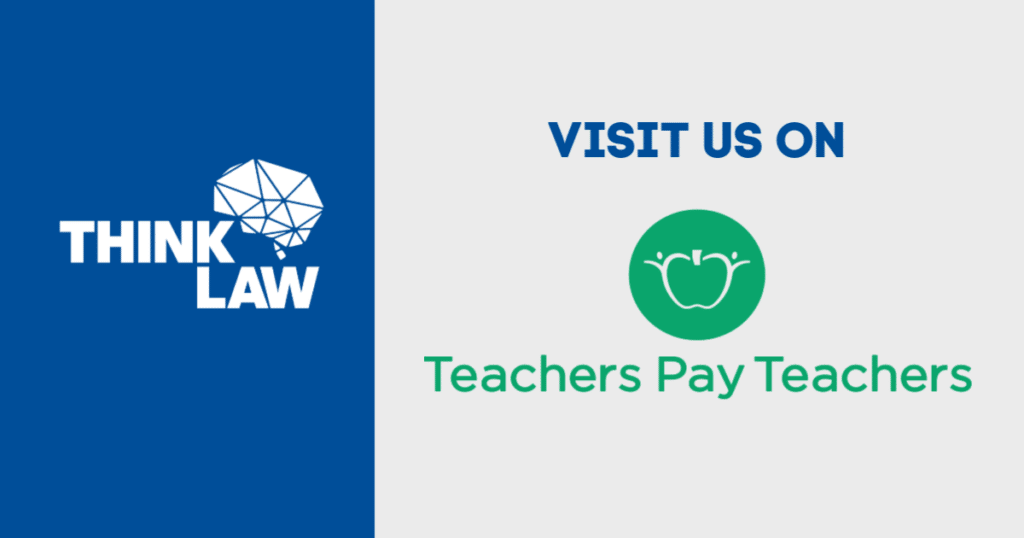
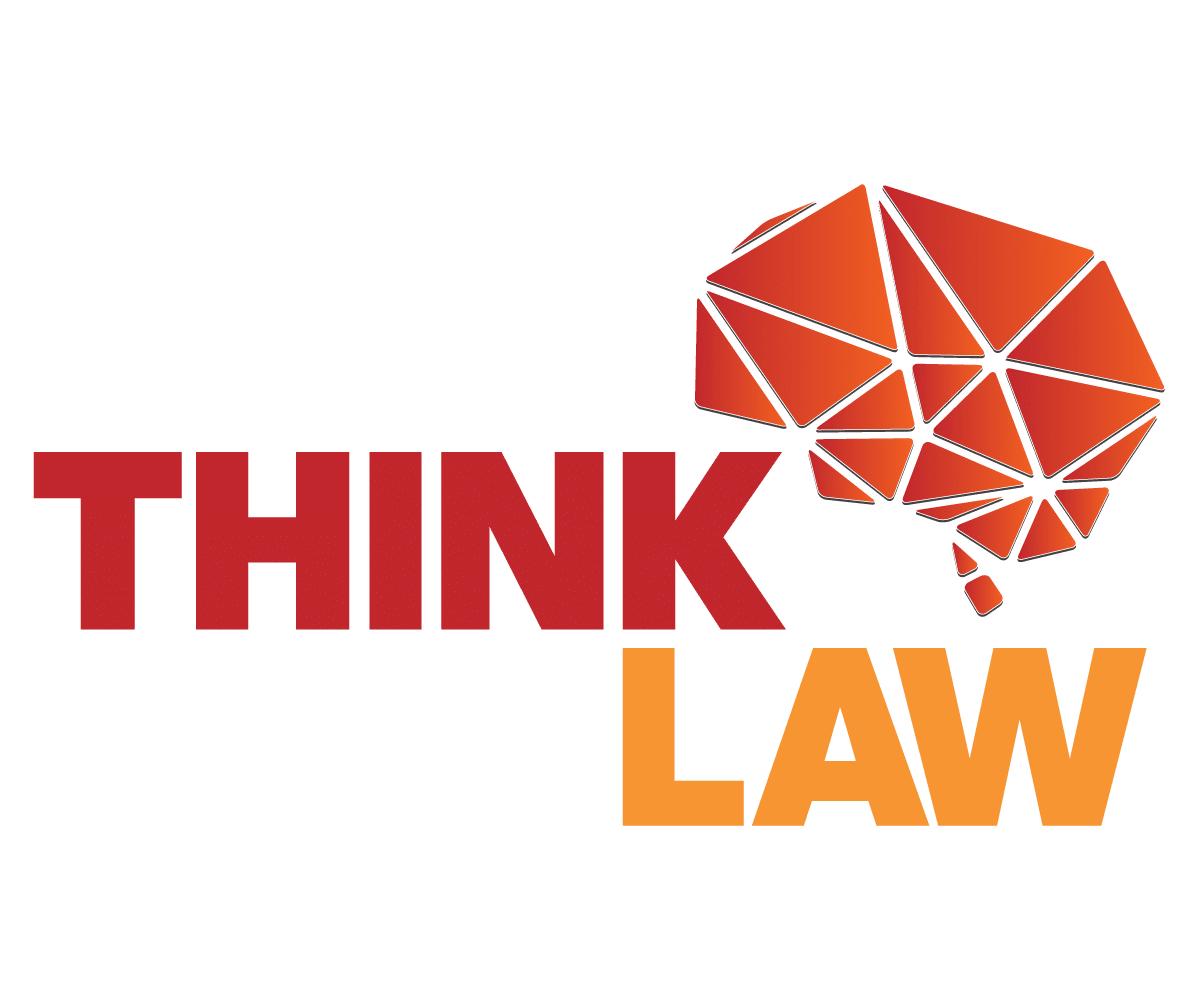

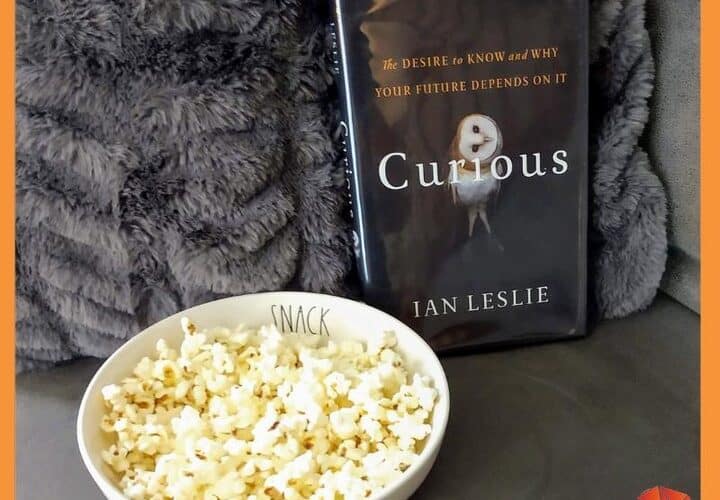
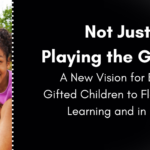
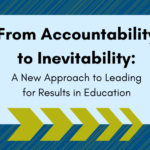
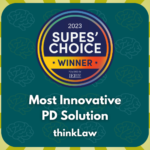
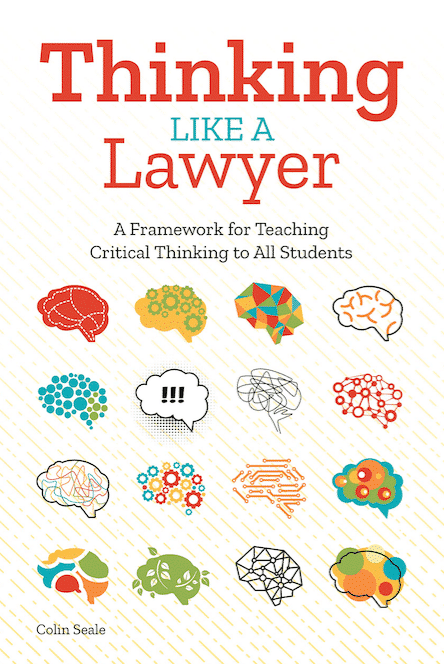
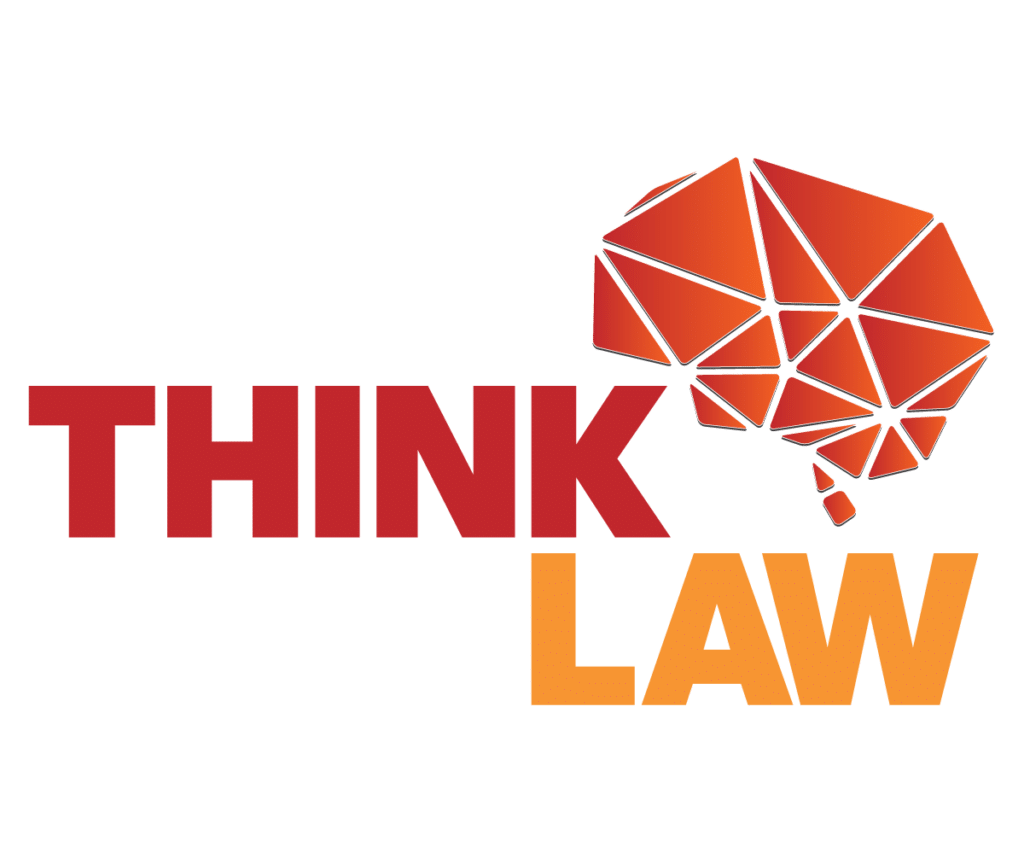
Leave a Reply